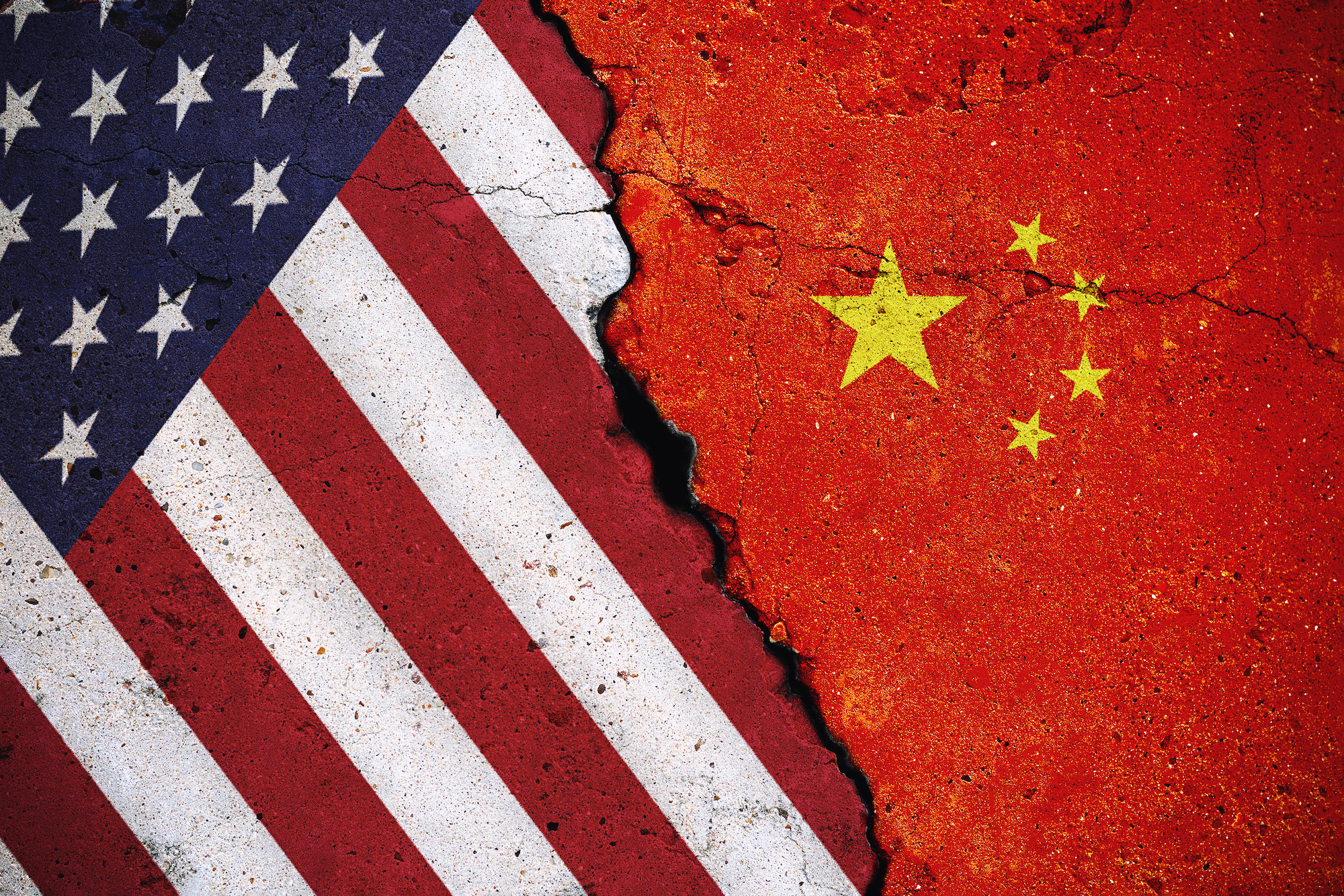In a former life, I’ve had my fair share of encounters with covert operations, but the extent of the Chinese Communist Party’s (CCP) infiltration in the United States is staggering. Recent cases have shed light on the depth of this issue.
Forty Chinese officers, a retired NYPD sergeant, two Navy sailors-turned-spies, and two handlers of a secret Chinese police station in New York – these are just a few examples that contribute to an ever-expanding list of FBI investigations. The agency has designated countering Chinese espionage as its “top counterintelligence priority.”
Our adversaries’ primary targets are the core economic assets of our nation – our information, ideas, innovation, research and development, and technology. No other country poses a more severe threat to these assets than China.
To put this threat into perspective, in 2020, FBI Director Christopher Wray revealed that the FBI opens a China-related investigation about every 10 hours. The scale of this threat is truly unprecedented.
Casey Fleming, CEO of BlackOps Partners Corporation, aptly notes that the CCP will stop at nothing to weaken our society. Their goal is to win a war without direct conflict. Mr. Fleming’s company advises businesses on cybersecurity and corporate counterintelligence strategies, and he emphasizes the gravity of the situation.
This shift in focus towards Chinese threats by the FBI represents a significant departure from past U.S. policy. This heightened vigilance has been particularly pronounced in the last five years, as observed by Mr. Fleming.
In late 2018, the Department of Justice (DOJ) launched the China Initiative, signaling a new strategic priority to counter Chinese national security threats. This initiative led to a surge in prosecutions targeting China’s state-sanctioned theft of trade secrets, with a specific focus on Chinese hackers, spies, and intellectual property theft.
Director Wray has rightly characterized Beijing as a “whole-of-society” threat, and he has classified it as “the broadest, most challenging, most significant threat we face as a country.” The FBI has indeed drawn a definitive line in the sand when it comes to China.
The recent cases involving Navy personnel, like Wei Jinchao and Zhao Wenheng, highlight the severity of the issue. These individuals, while serving in the U.S. military, were actively involved in espionage activities for the Chinese regime. This raises serious concerns about the vetting process for foreign nationals in sensitive military positions.
Behind the scenes, initiating investigations and building cases against espionage suspects is a complex and resource-intensive process for the FBI. It often involves undercover agents and meticulous planning. The recent IRS bribery case is a prime example of this method’s effectiveness.
China’s tactics in this covert war are multifaceted and target a wide range of institutions and individuals, including lawmakers, businesses, academic institutions, and the general public. These tactics include threats, harassment, economic espionage, and cyberattacks. China’s systematic, state-sponsored trade theft alone costs the U.S. economy billions annually.
The closure of the Chinese consulate in Houston, crackdown on visa fraud, and the China Initiative have all aimed to disrupt Chinese espionage efforts. However, these efforts have faced criticism for alleged overzealousness and anti-Asian discrimination.
While progress is being made, there is still much work to be done. The CCP’s efforts to manipulate U.S. policies and create a climate of fear within the Chinese diaspora must be countered. Protecting those facing transnational repression by the CCP should be a top priority.
Increased prosecutions and arrests by the FBI act as a deterrent, making enablers of the CCP think twice about their actions. Sanctions and imposing real costs on the Chinese Communist Party may also be effective measures.
In conclusion, the extent of the CCP’s covert war on the United States is deeply concerning. It’s a war that threatens our fundamental values of freedom and liberty. As a nation, we must remain vigilant and continue to adapt our strategies to counter this unprecedented threat.

